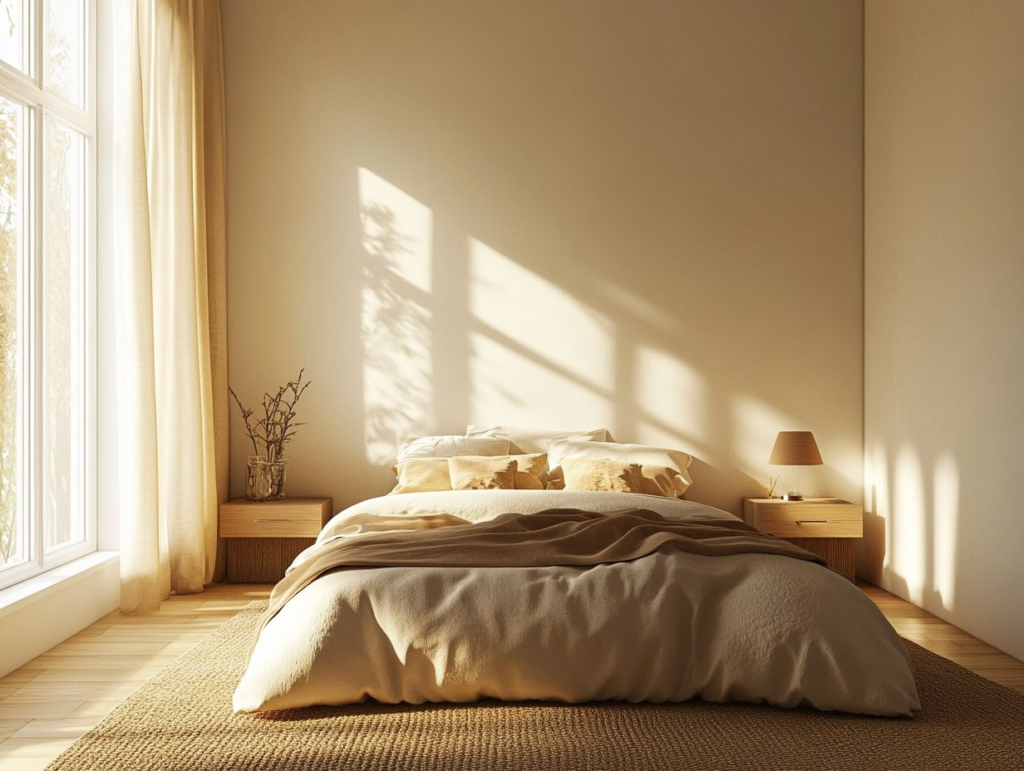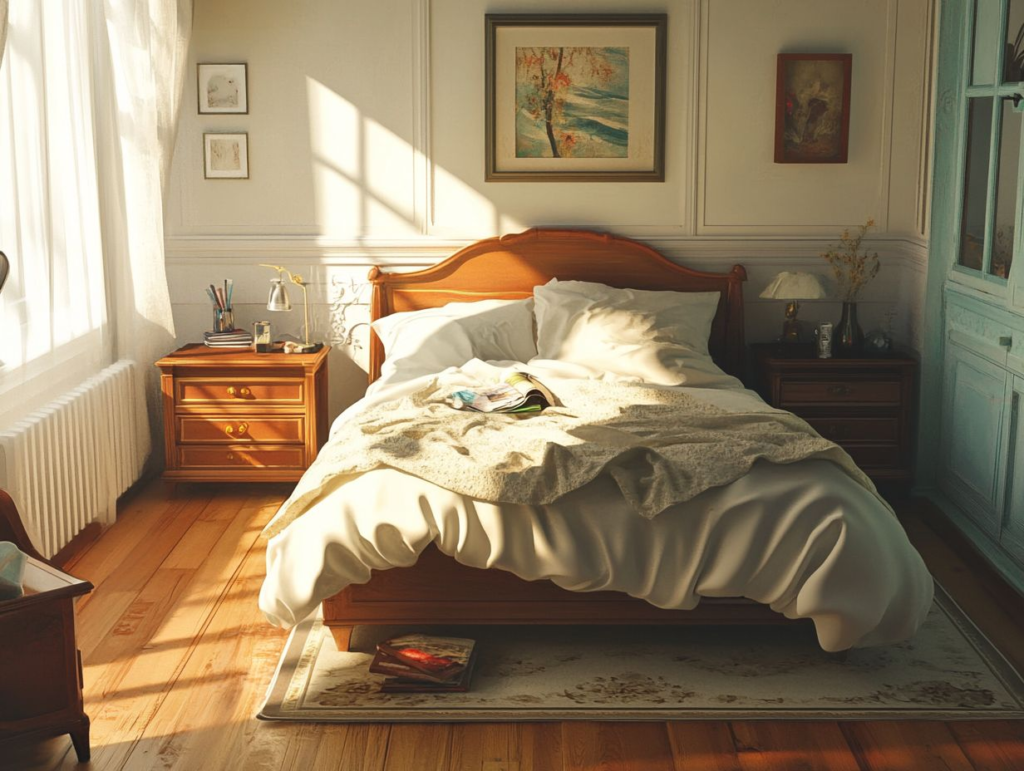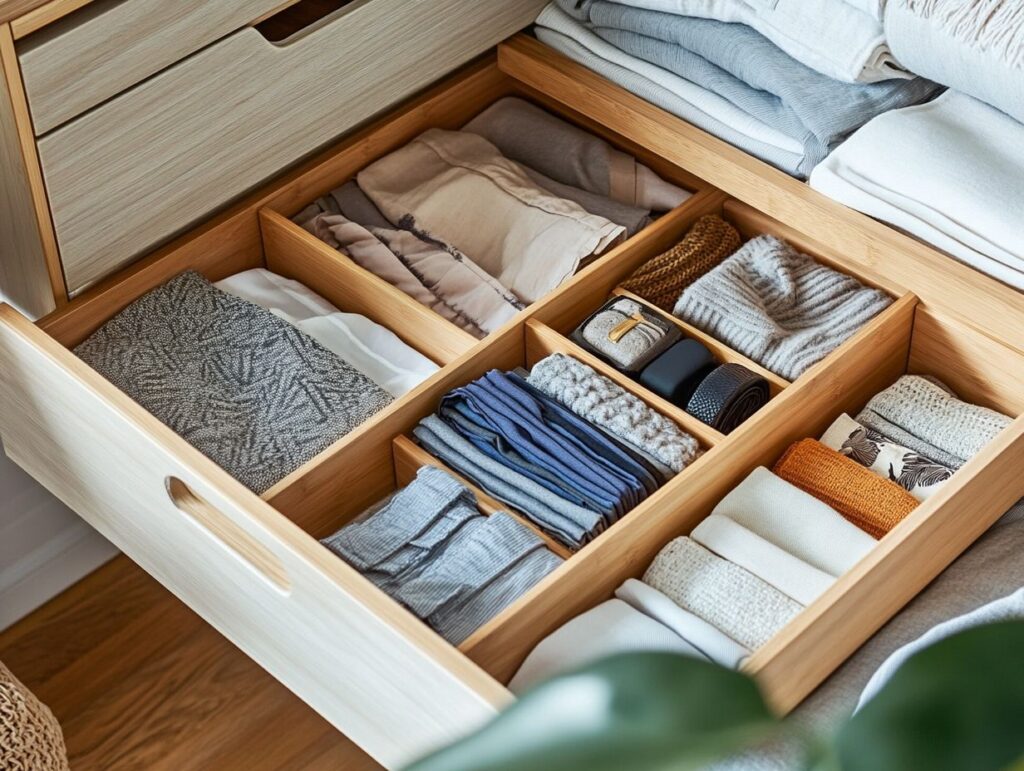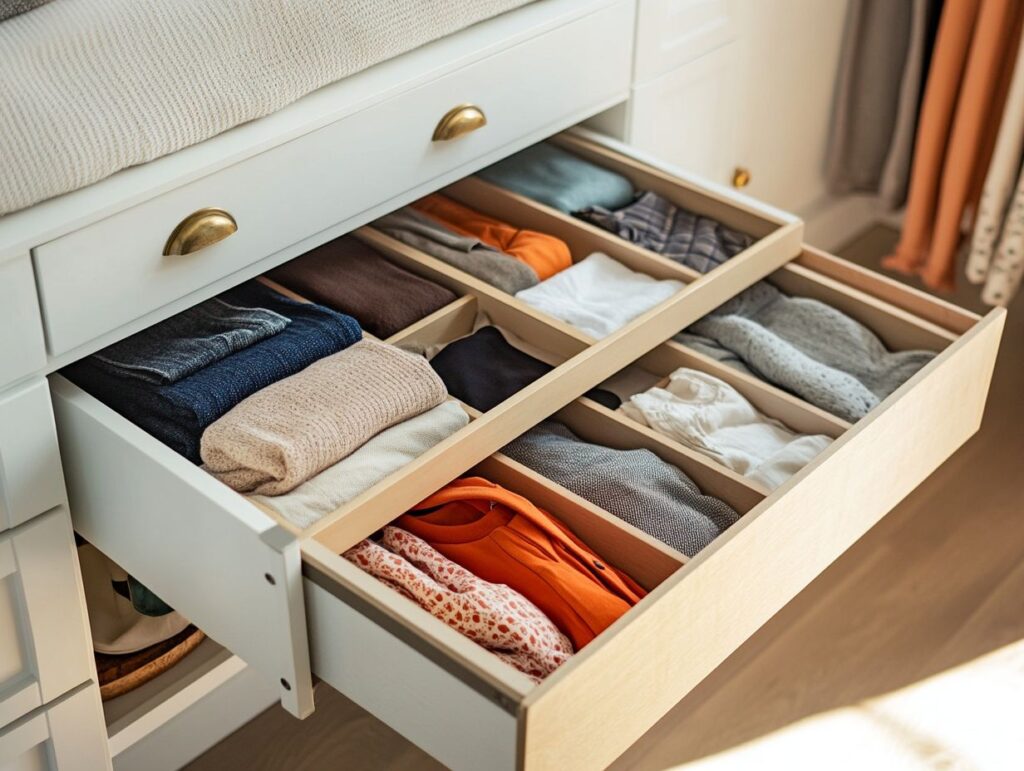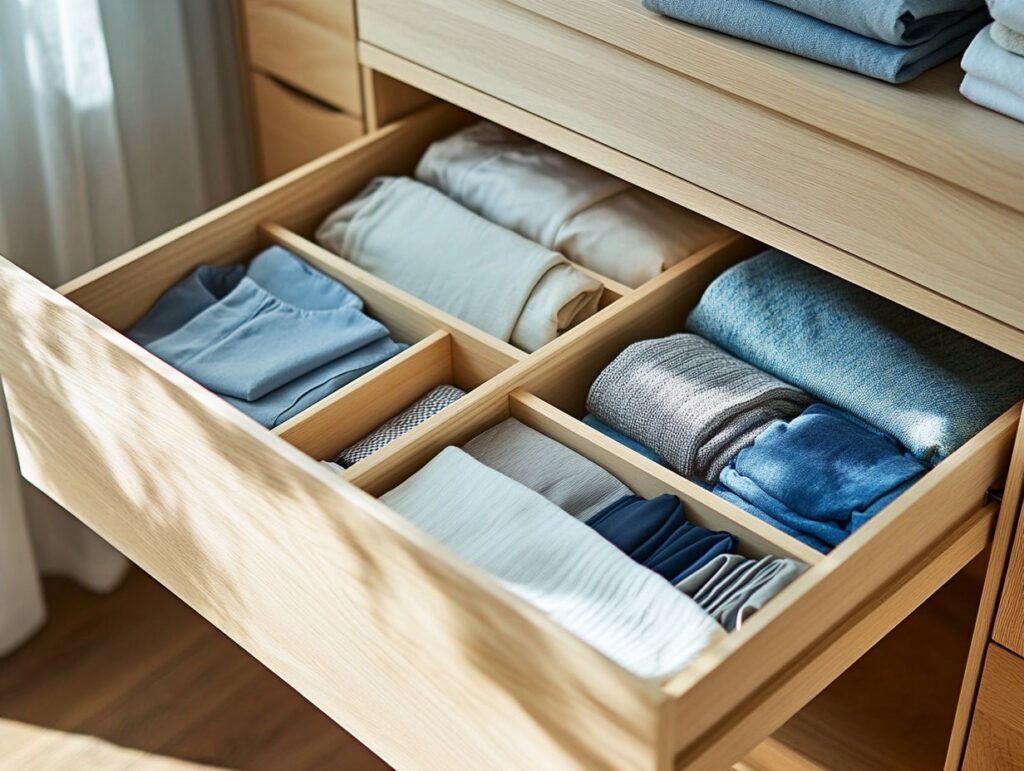What Is The Greatest Obstacle To Home Cleaning Success?
Hint: It’s not laziness. It’s clutter.
The Surprising Enemy of a Clean Home
I used to think I was just lazy. Every Saturday, I’d drag out the vacuum, spray bottles, dusters, and sponges, determined to give the flat a proper clean. And every Saturday, I’d end up staring at the same corner of my living room, overwhelmed. It wasn’t the mess. It was the stuff. Picture it: books stacked on the floor, half-used candles, a few too many trinkets from past birthdays, and baskets of things I hadn’t touched in months. I couldn’t even get to the windowsill without shifting five random items. The cleaning never started. I felt defeated before I’d even lifted a cloth.
That’s when it hit me. The biggest obstacle wasn’t my motivation—it was clutter.
Clutter is the silent saboteur of home cleaning. It hides in plain sight. It clings to sentimentality and whispers, “You might need this one day.” But in reality, all it does is stand between you and that sparkling home you keep imagining. It slows you down, gets in your way, drains your energy, and gives dust a place to hide and party. And worst of all? It makes you feel like a failure before you even begin.
If you’ve ever felt like you just can’t keep your place clean no matter how often you try, you’re not alone. And chances are, it’s not your effort that’s the problem. It’s the clutter. Let’s break down exactly why that cluttered chaos is the real villain in your cleaning story—and what you can do about it.
It’s All a Matter of Numbers
Fewer Items = Faster Cleaning
Think of it like this: if you’ve got ten mugs on your kitchen counter, it’ll take you two minutes to clean them and wipe the surface. If you’ve got twenty-five mugs, two jars of peanut butter, three vases, and a handful of mismatched Tupperware lids, you’re suddenly in for a long, messy clean. The time it takes multiplies. Every extra object means extra effort. And who wants to spend all day just moving things around to reach the crumbs?
A clear surface isn’t just pleasing to the eye—it’s kind to your schedule. You don’t need to be a minimalist, but trimming the numbers down will always pay off in cleaning time. Fewer ornaments, fewer books, fewer stacks of paper—each one you remove is one less thing to dust, polish, or shift out of the way. That alone can turn a dreaded deep clean into a simple half-hour blitz.
If you’re finding your cleaning sessions are dragging on far longer than they should, ask yourself: how much of what I’m moving or dusting is actually useful or beautiful to me? If it’s neither, it might be time to say goodbye.
Clutter Blocks the Way
Cleaning Around Stuff Is Exhausting
Some spots in your home never seem to get properly clean. That narrow shelf above the radiator. The back of the kitchen cupboard. The baseboards behind the TV stand. Ever wonder why?
Clutter makes some places physically hard to reach. Stacked items, crowded drawers, and jammed cupboards can make simple cleaning jobs a full-blown wrestling match. I remember trying to wipe down the top shelf in my bathroom cabinet. It meant moving seven bottles of face serum, two candle holders, a mini fake plant, and a random box of matches. By the time I was done, I needed a break—and the shelf still looked streaky.
It’s not just annoying. It creates the perfect storm for grime to build up. If you can’t reach a spot, you won’t clean it often. If you don’t clean it often, it becomes a breeding ground for dust, mould, and who knows what else.
The solution? Make space. Give your cleaning tools access. If you find yourself dreading a particular part of the house because of how awkward it is to clean, it might be time to declutter that zone. Ask yourself if every item in that spot deserves the space it’s taking up. If it doesn’t, it’s making your life harder than it should.
Clutter Is the Ultimate Buzzkill
It Drains Your Willpower Before You Start
There’s something psychological going on with clutter. You walk into a room with the best intentions—bucket in hand, mop at the ready—and instead of feeling geared up, you feel utterly defeated. Why? Because everywhere you look, there’s stuff. Piles. Drawers that won’t close. Shelves that bulge. Suddenly, wiping the skirting boards feels pointless when the whole space looks like a charity shop exploded.
It’s disheartening. The mess you could tackle is buried under stuff you don’t even know what to do with. That’s not laziness. That’s overload.
One of my friends used to say, “You clean clutter with your emotions, not just your hands.” She wasn’t wrong. Every object has a story, a memory, a reason you’ve kept it. Letting go feels like betrayal. But keeping it all? That’s self-sabotage. It kills motivation and turns every tidy-up into an emotional workout.
If your cleaning days often end in defeat, try this: declutter before you clean. Just five minutes, one drawer, one shelf. It shifts the energy. Suddenly, wiping that surface feels doable again. It’s amazing how light the room feels once the extras are gone.
Dust’s Favourite Playground
Your Trinkets Are Dust Magnets
We all have them. Souvenirs from holidays, that quirky owl statue from a street market, inherited knick-knacks from nan. They’re charming, nostalgic, and make a house feel like a home. But here’s the truth: they’re dust traps. The more little things you have on display, the more places dust can settle and hide.
One of my old clients in Islington had a love for figurines. Every shelf in her flat had little porcelain animals, glass eggs, and ceramic cats. Lovely to look at, but cleaning her lounge took hours. Each figure had to be lifted, dusted, the shelf wiped, and then everything replaced just right. She’d get so tired halfway through she’d leave the second half for the next week. Of course, by then, the dust had returned.
Dust doesn’t care how precious an object is. It’ll settle wherever it can, and the more clutter, the more cleaning you’ll need to do just to stay ahead of it. Those little gaps between books? Dust. The grooves on your photo frames? Dust. The uneven edges of that decorative bowl you never use? Dust loves it.
If you’re serious about having a cleaner home, it’s worth rethinking how many decorative pieces you keep out. Try rotating them every few months. Put some away, bring others out. It keeps things fresh and makes the weekly clean less of a drag.
So What Can You Do?
Start Small. Start Today.
If clutter is the enemy, the solution isn’t a massive clear-out in one go. That only leads to burnout. Instead, tackle it bit by bit. Choose one drawer, one surface, or one shelf each day. Get a box or bag ready for donations or binning. Be honest about what you use and what’s just been sitting there. You don’t have to become a minimalist. Just aim to make cleaning easier.
Ask yourself three things:
- Have I used this in the last six months?
- Does it make my space feel calm or crowded?
- Would I buy it again if I saw it today?
If the answer is no, it’s time to let it go.
Make this a habit, not a one-time effort. A clutter-free space is not just easier to clean—it’s easier to love. You’ll feel more in control, less overwhelmed, and maybe even enjoy your cleaning routine again.
Final Thoughts
Clutter might seem harmless. After all, it’s just stuff, right? But the truth is, it’s the number one reason so many of us struggle to keep our homes clean. It makes everything take longer, blocks access to the spots that need a wipe, kills motivation, and invites dust to settle in like an uninvited guest.
If your home feels harder to clean than it should, take a look around. Not just at the dust, but at the things. Your biggest obstacle might not be a lack of time or effort—it might just be the clutter.
Once you start letting it go, you’ll feel the shift. Your rooms will breathe again. Your Sunday clean-up will feel doable. And you might even get your windowsills back.


